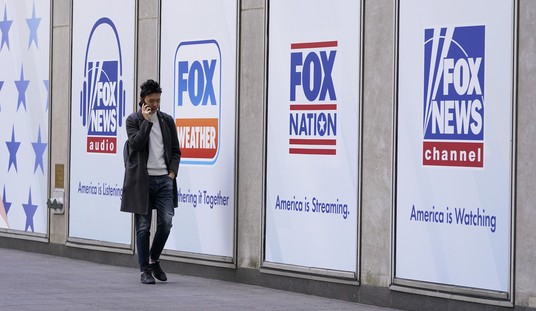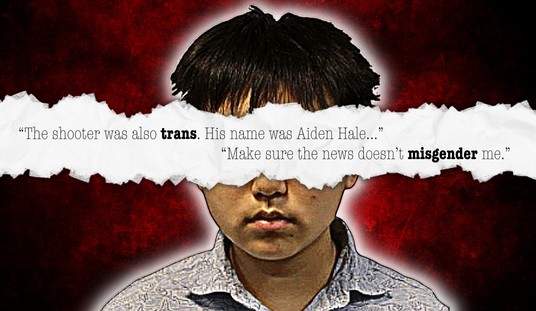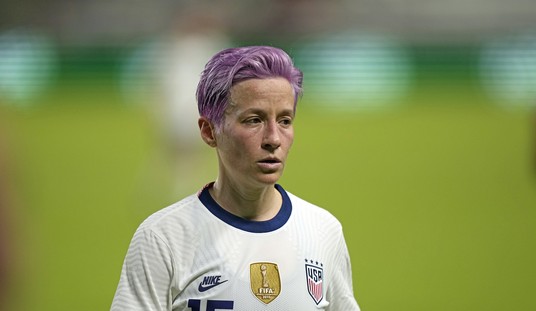But not much. The 168 members of the RNC grappled with the consequences of losing the presidential race, losing the Senate and losing seats in the House. Everybody knew something was wrong with the party. To fix things, some emphasized outreach to Hispanics. Some emphasized modernized voter turnout efforts. Some emphasized the search for better candidates. No one pushed just one solution; most saw the answer as a mix of those and other ideas.
But they might also start by asking themselves the most basic of questions: Other factors aside, did Republicans in 2012 address the concerns of the overwhelming majority of Americans who cite the economy and jobs as the nation's most pressing issue?
The answer, mostly, is no. But some Republicans did. At the RNC's opening night event, at the NASCAR Hall of Fame, members heard from one of those Republicans, new North Carolina Gov. Pat McCrory.
McCrory first ran for the state's top office in 2008. He lost to Democrat Bev Perdue in what became a brutal lesson in the overwhelming power of the Obama wave. "In '08, I got killed by the Obama ground machine," McCrory recalls. "We didn't even know it was happening. The amount of money Obama put on the ground was something we've never seen before in North Carolina."
Recommended
Defeated, McCrory reassessed and decided to run again in 2012. But he knew he had to run a smarter race the second time around. He started earlier. He thought through his positions and the way he articulated them. He built relationships with more people across the state. He worked harder.
The new and improved McCrory stressed jobs, the economy and education. He highlighted -- and did not run from -- his 14 years of experience as mayor of Charlotte, even though that big-city resume was not a plus with many rural voters. He took advantage of Perdue's disastrously bad performance as governor. And on Election Day, McCrory defeated Democratic rival Walter Dalton by nearly 12 points.
In addition to winning a big majority of whites, exit polls show McCrory won 13 percent of blacks -- nothing to jump up and down about, but a pretty good showing for today's GOP. He also won a solid 46 percent of Hispanics. And among all groups, he won big among the majority of North Carolinians who cited jobs and the economy as the state's most pressing issues.
McCrory also refused to be drawn into the squabbles that doomed some Republicans around the country, like controversies over off-the-wall statements about rape. And on another hot-button issue, when a panelist in a gubernatorial debate cited a recently passed bill to limit abortions and asked McCrory, "If you're elected governor, what further restrictions on abortion would you agree to sign?" McCrory's answer was, in its entirety: "None."
His bluntness and brevity temporarily stunned the moderators and audience, not to mention his opponent. But it was a sign McCrory intended to stay on message, and the message was focused on the pervasive economic insecurity felt by so many North Carolinians.
Now he has to produce. North Carolina has a dismal 9.2 percent unemployment rate -- fifth-worst in the nation. "People are hurting right now," McCrory says. "I'm seeing it. You go to some small towns, they are shut down. They're just boarded up. It's tragic."
In his economic plan, McCrory is emphasizing energy exploration, including offshore drilling. He's pushing regulatory changes. And he wants to reform the state's antiquated tax code, to stress taxes on consumption more than income.
He's also enthusiastic about transportation infrastructure. "Not enough Republicans talk about Eisenhower," McCrory says, citing that Republican president's highway-building program. To McCrory, it's an example of infrastructure spending that's most valuable not for the jobs created during construction, but for the private-sector economic growth it made possible.
Finally, as for the Hispanic outreach effort currently dominating discussions at the RNC, McCrory is all for it. But he reminds: "They want to hear about jobs and the economy, too."
In coming months, Republicans will talk a lot about how to appeal to a wider range of voters. They could learn from someone who's actually doing the job.

























Join the conversation as a VIP Member